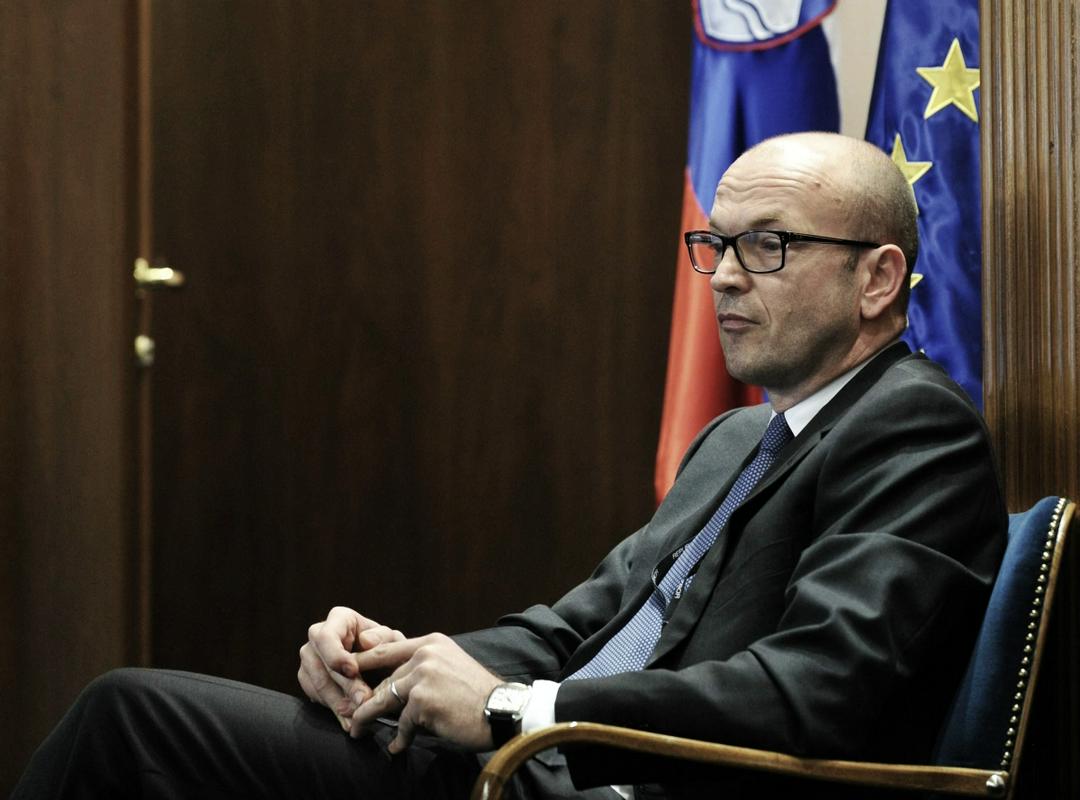
Bostjan Jazbec, who sits on the European Central Bank's Governing Council, also said easing monetary policy was not a magic wand to raise credit growth and that he saw no need at present to prolong non-standard central bank measures. "The current structure of the banking sector in Slovenia is not sustainable in the long term, considering the size of the sector and the economy as a whole," Jazbec told a banking conference. "A reduced number of banks should contribute to economies of scale, thereby increasing efficiency and profitability."
In December 2013 the government had to pour more than 3 billion euros into mostly state-owned local banks to prevent them from collapsing under a large amount of bad loans. Banks have since managed to reduce soured loans although at 4 billion euros they were still equivalent to 11.1 percent of all loans at the end of August, the latest data available.
Although the total amount of loans given to non-bank borrowers such as companies and households fell by 9.9 percent year-on-year in August, Jazbec warned against a slackening of lending standards. "Banks must be careful not to boost credit growth by reducing credit standards. In fact, I would even argue that banks should review their lending practices and tighten credit standards for certain clients," he said.
Asked about the possibility the ECB will further loosen monetary policy when it next meets on Dec. 3, Jazbec said there was no need to extend "non-standard" ECB measures at present. ECB President Mario Draghi has said the euro zone central bank's may extend or expand its 60 billion euro a month asset purchase programme to boost growth and inflation in the bloc.
"At this moment, there is no need to prolong non-standard measures, the European economy is showing the signs of recovery, and I will present this stand at the December session," he said. In his speech, Jazbec said "further easing of monetary policy stance is not the magic wand for unlocking credit growth".
Reuters

































































